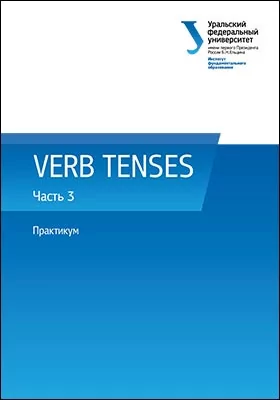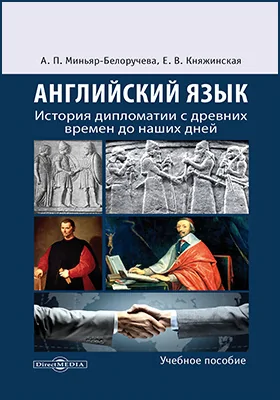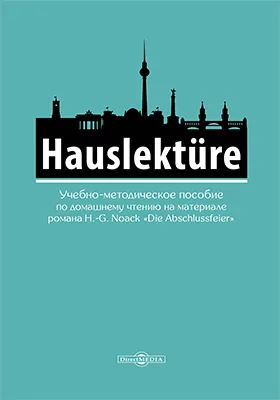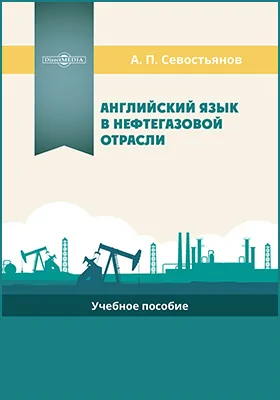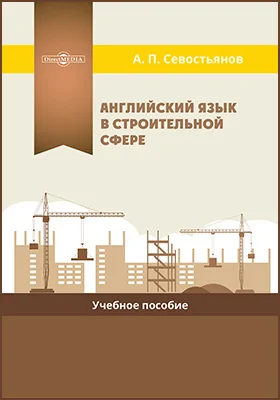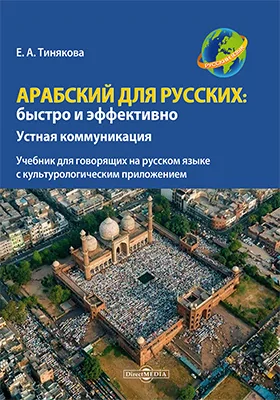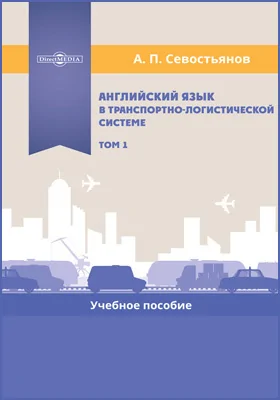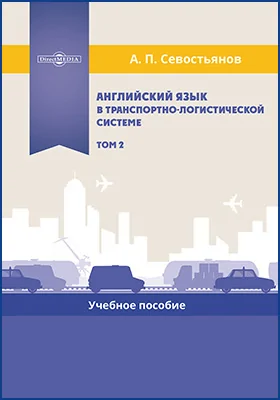Verb tenses
3
Форматы: PDF
Издательство: Издательство Уральского университета
Год: 2016
Место издания: Екатеринбург
ISBN: 978-5-7996-1709-7 (ч. 3). – ISBN 978-5-7996-1706-6
Страниц: 251
Артикул: 96798
Краткая аннотация книги "Verb tenses"
Данный практикум разработан для студентов и магистрантов всех направлений подготовки УрФУ, имеющих в учебных планах дисциплины «Иностранный язык», «Иностранный язык специальности» и «Иностранный язык для научных целей». Практикум содержит упражнения для отработки видовременных форм глаголов английского языка. Тематические разделы имеют три уровня сложности заданий: низкий, средний, сложный. Практикум содержит приложения с дополнительными материалами и ответами, что позволяет использовать его для самостоятельной работы.
Содержание книги "Verb tenses"
Verbs with -ing forms and infinitives. Verb + ing form
Verbs with -ing forms and infinitives. Verb + infinitive
Verbs with -ing forms and infinitives. Verb + (object) + infinitive; make and let
Verbs with -ing forms and infinitives. Verb + infinitive or ing form
Modal verbs
Passive Forms
Passive forms. Forming passive sentences: verb + -ing or to-infinitive
The Passive. Have something done
Get something done
The Passive. Passive reporting verbs
The Passive. Passives with modal and other verbs
KEYS
Appendices. Irregular verbs
Appendix 1. The cardinal numbers
Appendix 2. The ordinal numbers
Appendix 3. Zero
Appendix 4. Phone numbers
Appendix 5. The dates
Appendix 6. Years
Appendix 7. The time
Appendix 8. Calculations
Appendix 9. The simple fractions
Appendix 10. The decimal fractions
Appendix 11. Percentages
Appendix 12. Ratios
Appendix 13. Describing graph trends
Appendix 14. Prepositions for graphs
Appendix 15. Describing a single line graph
Appendix 16. Describing a multiple line graph
Appendix 17. Describing a pie chart
Appendix 18. Describing a bar chart
REFERENCES
Все отзывы о книге Verb tenses
Отрывок из книги Verb tenses
1070RGDOYHUEV9. I think you can manage without a pullover in this weather. (need) You … wear a pullover in this weather.10. Oxygen masks were essential when they got to the top of the mountain. (had) They … oxygen masks when they reached the top of the mountain.70C. Choose the best answers.1. The taxi needs to / should / would be here in a couple of minutes. We’d better / ’ve better / ’d better to get ready to go.2. My daughter wouldn’t / won’t / may not eat carrots. She hates the taste of them. I don’t have to / ’m not able to / can’t think of any way of getting her to eat them. But to tell the truth, I could / would / used to hate them when I was young, too.3. You haven’t got to / needn’t / mustn’t go on the beach when the tide’s coming in. It’s very dangerous. You can / might / would play in the playground instead.4. I was beginning to be concerned that I won’t / mustn’t / wouldn’t get to the station for my train. But I didn’t need worry / needn’t have worried / needn’t worry; Aisha turned up in good time to give me a lift.5. Preliminary research suggests that the bones must / have got to / used to be at least 100,000 years old, but they would / could / can be considerably older than that.6. Both candidates for the job were very strong and it was hard to choose between them. I certainly couldn’t / mustn’t / had got to have decided which one to appoint. But fortunately, we hadn’t got to / didn’t have to / mustn’t make a final decision; the management found enough money to allow us to appoint both of them.7. You needn’t / don’t need to / mustn’t be very fit to play badminton well. It can / is able to / could be played by anyone who is reasonably fit and who has a good sense of timing.
Бестселлеры нон-фикшн
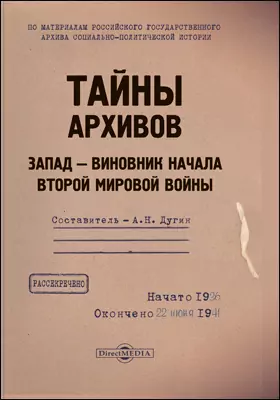

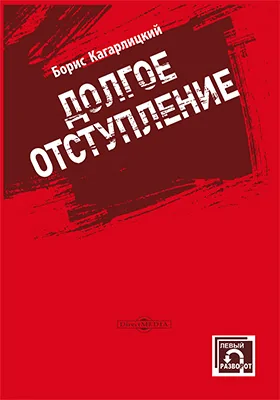
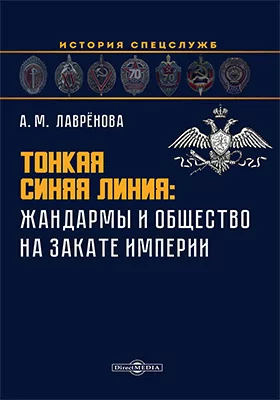
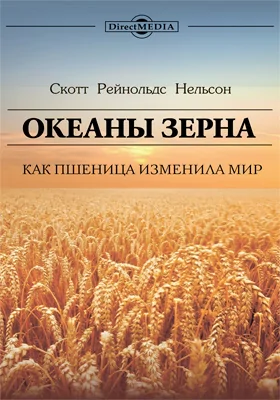
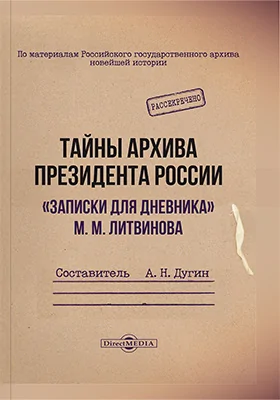
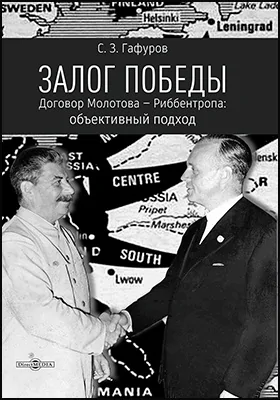
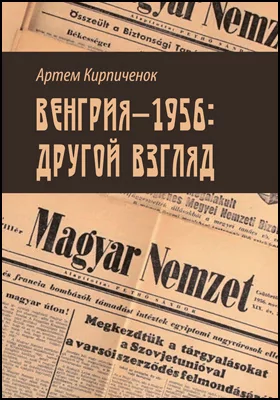
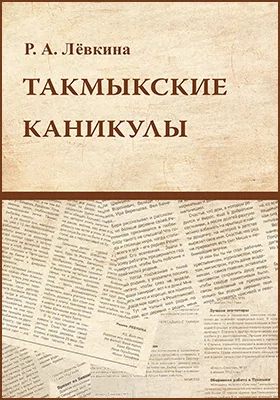
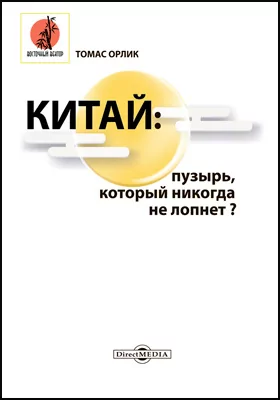
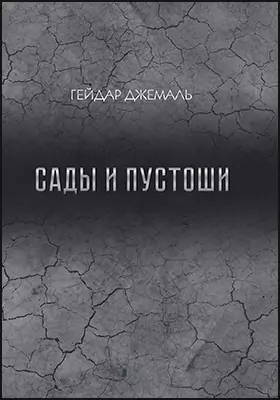
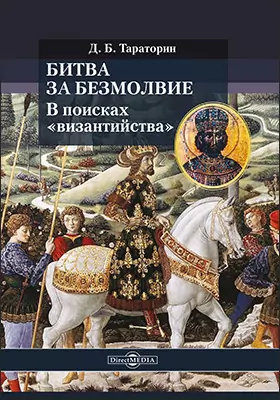
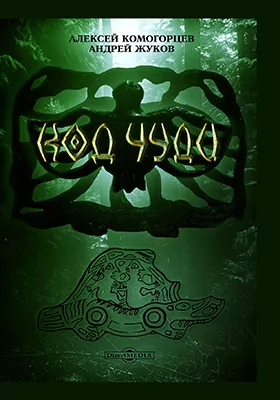
Новинки книги нон-фикшн

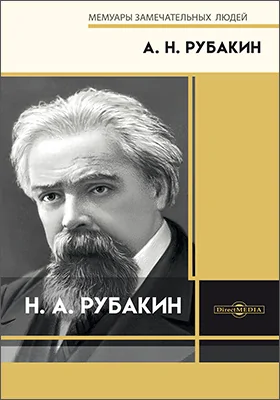
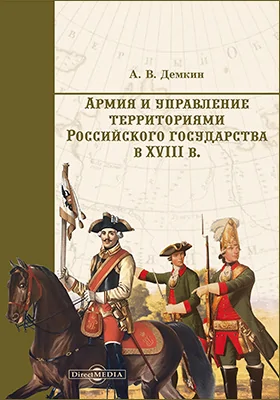

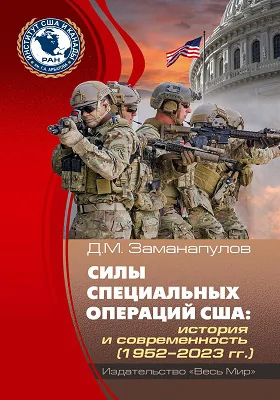
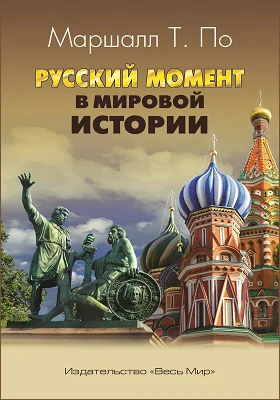
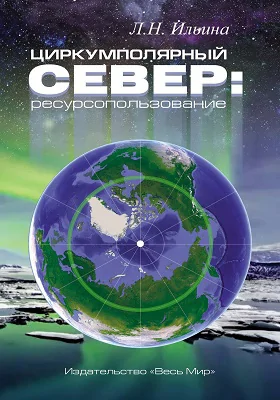
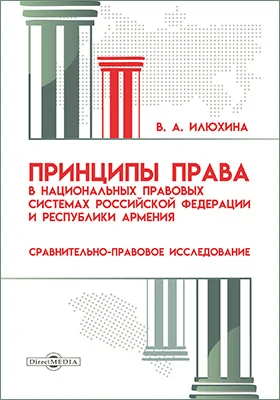
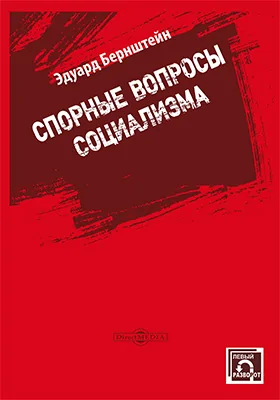
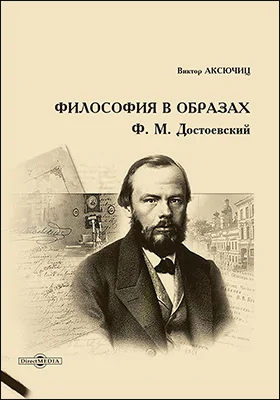
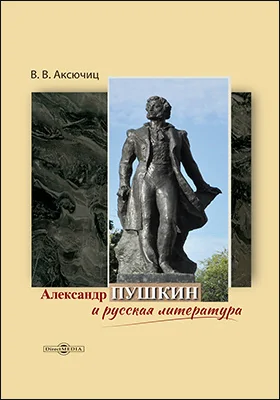
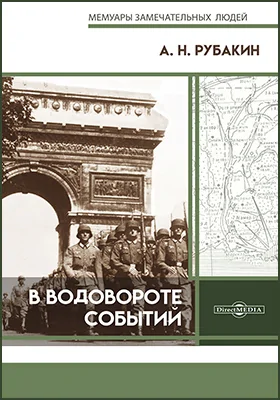
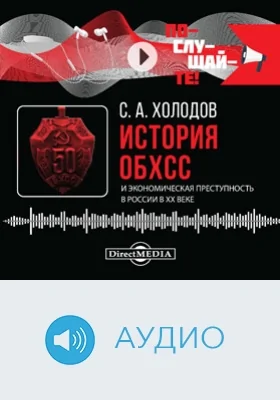
и мы свяжемся с вами в течение 15 минут
за оставленную заявку

